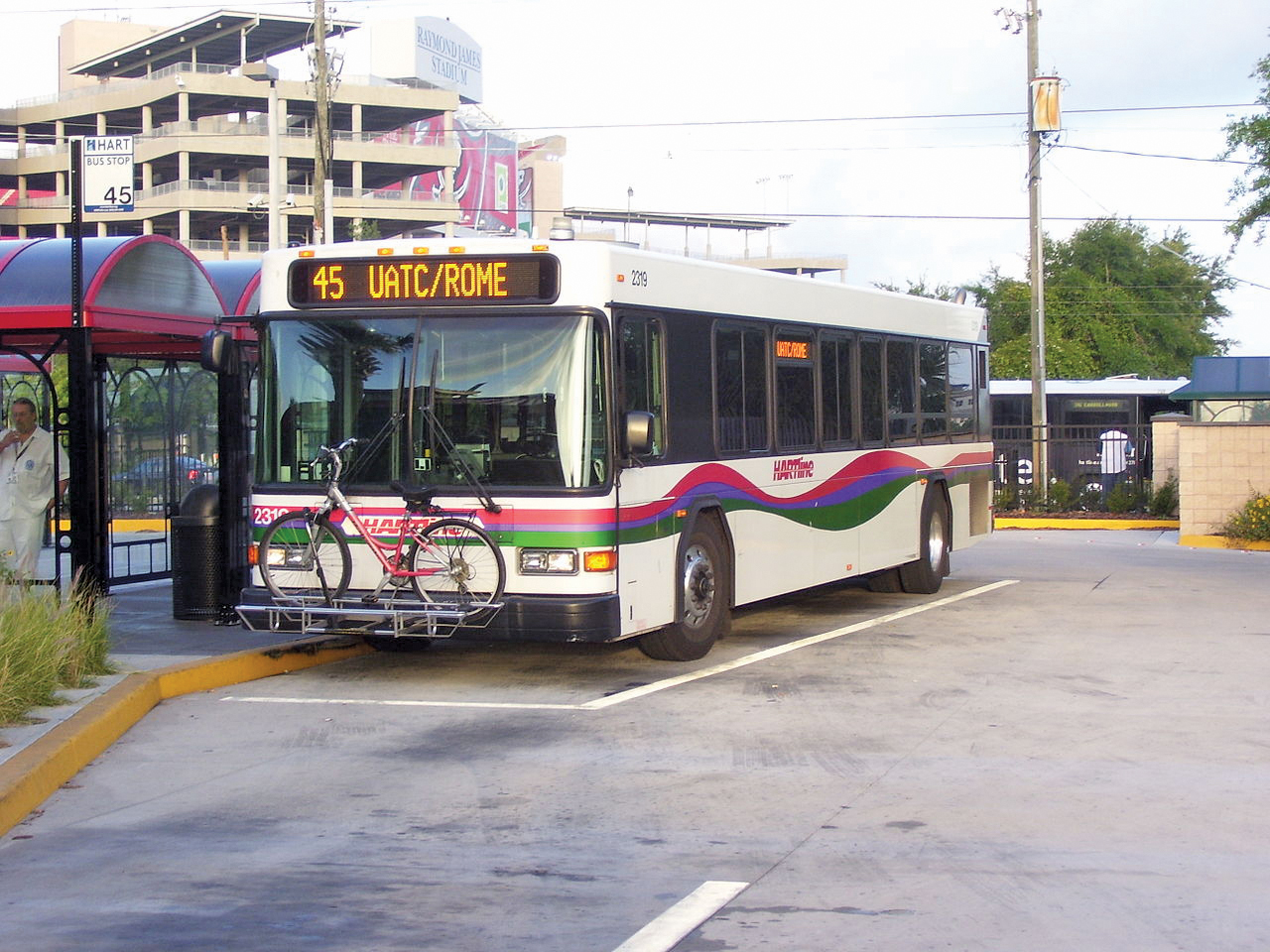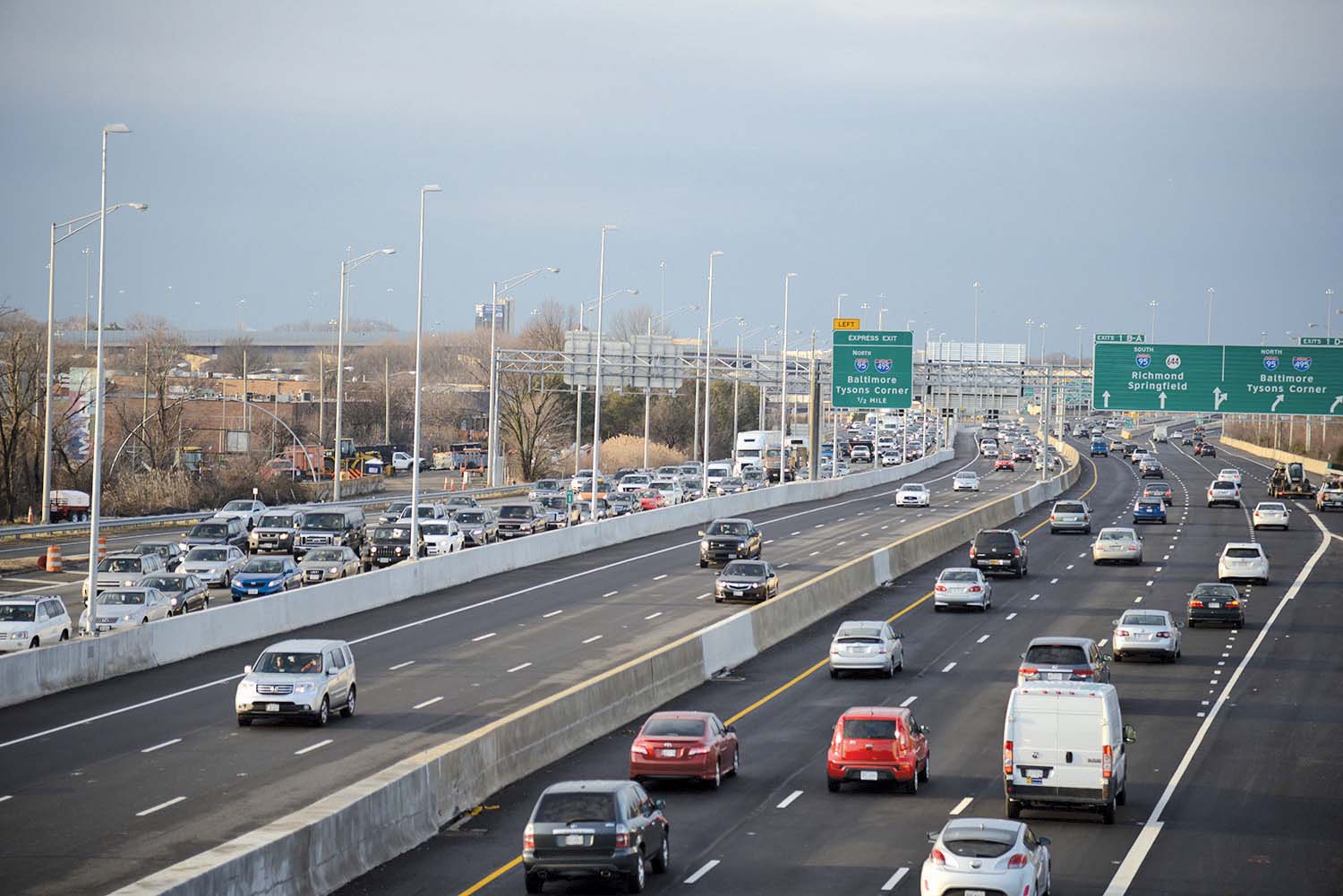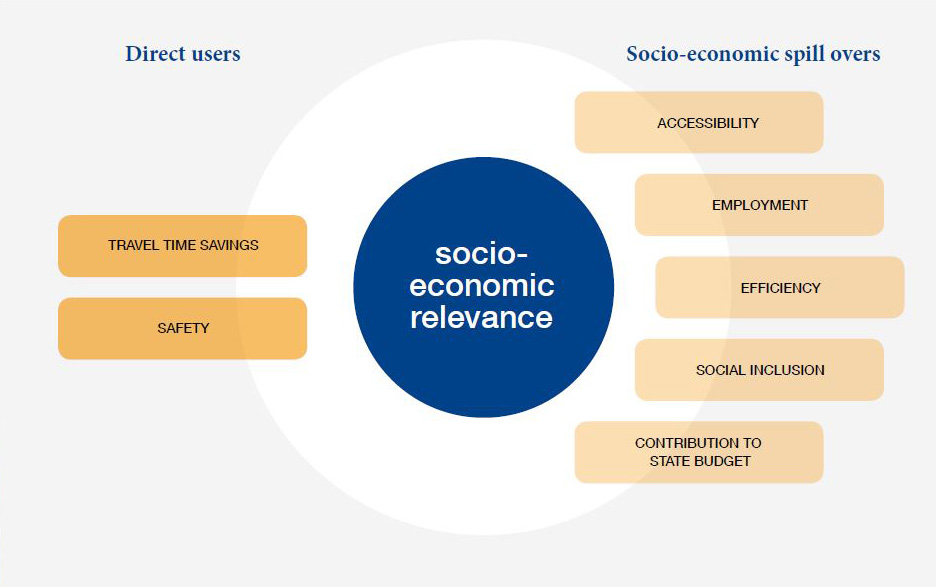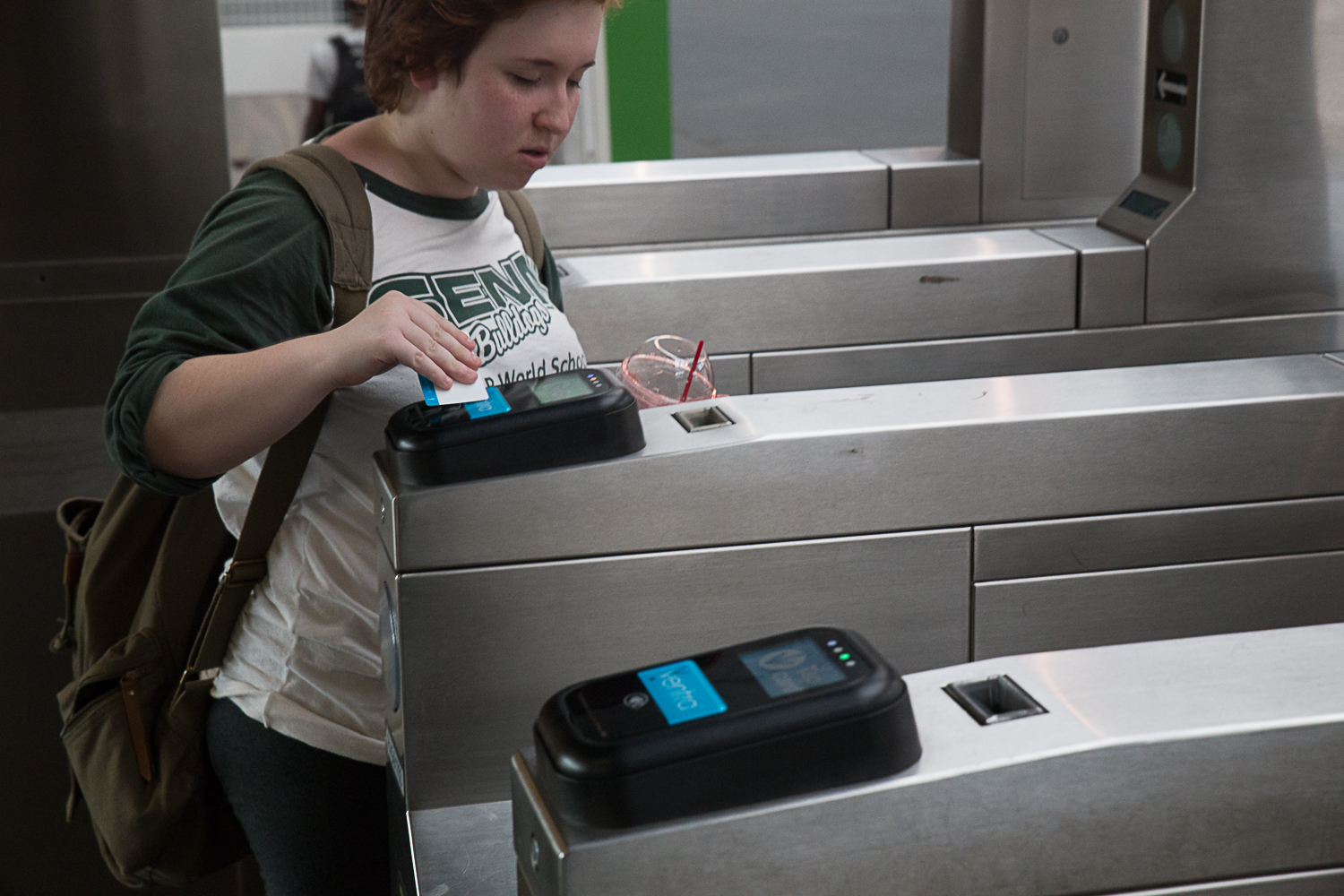Andrew Bardin Williams looks at a novel option for new toll road authorities.
While somewhat politically controversial, outsourcing has gained traction in the business world as a model worth investigating for its efficiency and cost saving benefits. Lean start-ups tend to employ independent contractors instead of full-time employees in an effort to remain flexible and avoid costs associated with pensions, retirement places, health insurance, office space and benefit packages. Some companies don’t even have physical addresses and are run by far-flung employees that communicate via phone, email and other collaboration tools.
Now, the outsourcing trend has made its way to transportation—specifically the planning, financing and operations of toll road authorities. The Fort Bend County Toll Road Authority (FBCTRA) in Fort Bend, Texas, was set up as a completely outsourced operation - from the top management team to the crew that mows the grass. It is the first virtual toll road authority in the US.
While it is a relatively small operation covering only 100 lane miles, FBCTRA has annual revenues of $27million while its operating costs total just $6.9 million, making it the most efficient and profitable toll road in America in terms of operating costs as a percentage of revenue. The savings are then reinvested in road repair and expansion while the authority keeps toll fees low for Fort Bend commuters. The outsourcing model certainly works in this corner of Texas.
Taking a cue from utilities
FBCTRA general manager Mike Stone is not an employee of the company but from Mike Stone Associates and operates under contract. He said the outsourced concept originated from the way utility districts have traditionally been set up in Texas. As the need for water and power grew in rural districts private citizens would set up a local board that would plan, design and finance utility projects. These would be run by private citizens and/or the business community until the area was eventually absorbed by a municipality that would then take over the utility’s management and operation. Leaders from the business community in Fort Bend County had experience setting up these semi-private organisations and realised the same organisational structure would allow the county to efficiently meet the region’s growing road capacity needs.
Situated northwest of Houston, Fort Bend County was home to 43,000 people in 1970. Urban flight and massive growth of the Houston metropolitan area caused the county’s population to swell to 400,000 by 2000 and 670,000 today. By 2025, the population is expected to top 1 million. The small, rural routes built and maintained by the Texas Department of Transportation (TXDOT) since the 1950s couldn’t handle the volume of inter-county and intra-county traffic, and new roadways were in demand. As a result, the FBCTRA was founded in 1996 to fund the expansion and conversion of an existing roadway that would become a segment of the proposed third-ring around Houston.
FBCTRA had and still has no employees. The original board was made up of private citizens who volunteered their time, and they hired Mike Stone Associates to manage the authority. Stone then hired other consultants as and when needed to manage, operate and maintain the roadway as a toll road.
“We’ve always viewed toll roads as a funding mechanism of last resort,” Stone said. “If the state or the county has the money to build a road, let them build and maintain it. But at that time [in the mid-1990s] the state was out of money.”
FBCTRA worked with financial services company CDM Smith to issue bonds with a general obligation tied to the county.
According to Stone, this was done to take advantage of the superior credit rating that the county had built.
During the initial conversion, FBCTRA added additional lanes to increase capacity but it was the subsequently-added series of intersections with county roads that caused the greatest issue. When the county was mainly rural there was no need for overpasses but as the population soared, traffic on the highway needed to flow continuously. Nine overpasses and seven toll plazas were built, allowing cross county traffic to avoid the intersections while giving local traffic the option to bypass the tolls. Since then, two other toll roads have since been planned, funded and constructed in the county using the outsourcing model, bringing the total number to three—Fort Bend Parkway, Westpark Tollway and Grand Parkway.
Minimising Overheads
The flexible management structure allows FBCTRA to manage, operate and maintain the toll road at a much lower cost than publically-administered equivalents. Rather than employ dozens of government workers, the authority hires consultants as needed on contracts that can be renewed annually. This is true up and down the organisation chart from executive manager Bill Jameson to the company that landscapes the median. Vendors are vetted and chosen in the same way—though Stone is quick to say that most vendors are hired for the long term so FBCTRA can invest management time and funds in ITS technologies that create further efficiencies and cost savings. Texas state law also allows FBCTRA to piggyback on the negotiated rates for existing county contracts —helping further reduce costs.“Minimising overhead and administration allows us to spend more money on road construction and maintenance,” Stone said. “Everything we do is meant to improve services and reduce costs for drivers.”
The average toll road authority manages 700 lane miles and has a headcount of 500 including managers, toll collectors, support staff, customer service representatives, policing officers and landscapers. On a strictly pro-rata basis, with 100 lane miles to manage FBCTA’s headcount should be 71 but it outsources every task and actually has zero employees which results in considerable cost savings. Overheads such as pensions, retirement plans, benefit packages and unemployment insurance are eliminated—as is the need for office space, vehicles and equipment. Instead, these costs are picked up by private contractors—who as service providers are better organised and are able to scale more efficiently to absorb these financial responsibilities.
The results are striking. According to its latest annual report, FBCTRA had expenses of $6.9 million on $27 million in revenue in fiscal year 2014. Its operating cost as a percentage of revenue is a paltry 26% - easily the lowest rates in the U.S. according to figures reported in the latest
According to Stone, collection costs at Fort Bend are currently $0.35 per toll while other agencies struggle to break even with collections costs as high as $0.65 per transaction. This maximises Fort Ben’s profit, which is reinvested in road improvements.
Reinvesting in ITS Solutions
The flexibility also allows FBCTRA to embrace new cost saving projects that could otherwise be thwarted by headcount commitments, bureaucratic culture or union contracts. FBCTRA is in the progress of working with Reynolds, Smith and Hills (RS&H) to develop and implement a completely electronic tolling solution. The ITS solution will rely on
The potential for fraud and open government advocacy require unprecedented transparency throughout FBCTRA and, according to Stone, it’s the outsourced model that ensures this openness. Any work completed for the toll road authority is done by a private citizen or company and requires a contract. By law, the bidding process is completely transparent and all contracts and invoices are reviewed at monthly public meetings. In fact, neither the board nor Mike Stone Associates have access to FBCTRA’s bank account. Accounts payable is handled by the Fort Bend County auditor who writes the checks.
“We’ve created a system that doesn’t encumber the taxpayer or the county [government],” said Jim Condrey, a resident of Fort Bend County and member of FBCTRA’s board of directors since 1997. “We’re able to operate the toll roads with user fees, and we don’t have to worry about the huge overhead that comes with a bureaucracy.”
While outsourced tolling is a highly efficient way to plan, finance and operate a toll road, Stone admits that it isn’t the right solution for every situation. Older toll road authorities have legacy employees, procedures and supply chains that they are legally obligated to maintain, and it would be hard to imagine them transforming the way they operate overnight. However, the economics of transportation are changing and new toll road authorities have an opportunity to create a modern, lean streamlined organisation from Day One — staffed and operated by outsourced employees that provide services on contracts that are renewable annually.
If outsourcing makes sense in the business world. Why not in transportation?
| | FBCTRA | Nearest Agency | IBTTA Average |
|---|---|---|---|
| Operating Cost vs Revenue | 26% | 31% | 53.893% |
| Admin vs Revenue | 7.85% | 7.63% | 12-20% |
| Lanes Miles | 104 | 56 (Tampa) | 710 |
| Revenues | $27 million | $41 million (Tampa) | $250 million |












